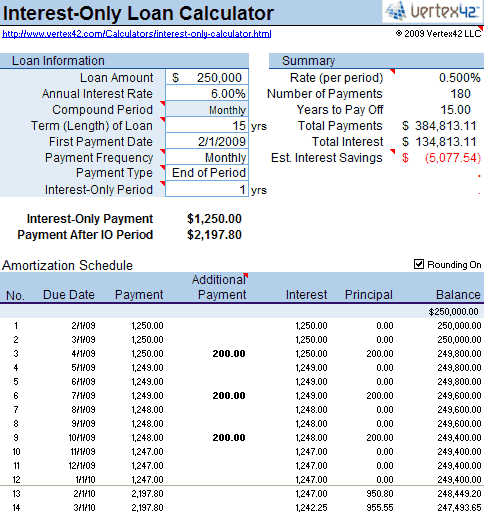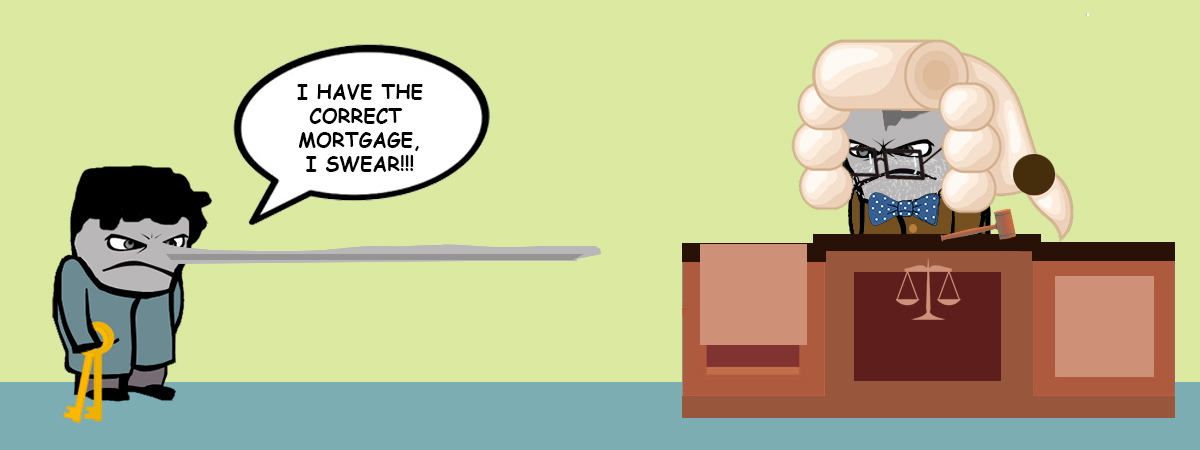One choice is to just offer the house to settle the home mortgage, and distribute any leftover funds from the sale to the heirs as dictated by the will or the laws in your state. If you want to keep the house, you'll require to work with the servicer to get the home mortgage moved to you.
If there was a reverse mortgage on the property, the loan quantity becomes due after the death of the customer. If the beneficiary to the house desires to maintain the property, they'll have to pay back the loan. Otherwise, they can sell the home or turn the deed over to the reverse home loan servicer to please the debt.
The reverse mortgage is a popular method utilized by older property owners to take benefit of equity in their homes. Open to property owners 62 or older, the reverse mortgage can offer them steady home equity earnings. Furthermore, the older a property owner is, the more equity income a reverse mortgage offers in return (what are the interest rates on 30 year mortgages today).
Reverse mortgages are readily available to property owners fulfilling age requirements and who fully own or have substantial equity in their homes. The home secures a house owner's reverse mortgage. While no payments are made by a property owner with a reverse home mortgage, the mortgage is due upon death. Estate possessions can repay a reverse home mortgage.
Reverse mortgages are paid back in several various ways. In addition to the estate of the deceased, heirs to the reverse mortgaged home can The original source also repay the loan completely. Reverse home mortgage lenders typically offer beneficiaries from 3 to 12 months to pay back the loan. If neither the beneficiaries nor the estate repay the loan, the loan provider usually repossesses the house.
As lienholders, lenders can look for foreclosure on the homes protecting their loans when they're not repaid. In cases in which a reverse home mortgage lender ends up foreclosing, it will attempt to sell the home to satisfy its loan. Any earnings left over after a reverse home mortgage lending institution forecloses and sells a home usually go to the departed borrower's successors or estate.
How Much Does A Having A Cosigner Help On Mortgages Fundamentals Explained
By law, reverse home loans are non-recourse loans, implying lenders can't pursue house owner estates or successors for any home mortgage shortages staying after sale (find out how many mortgages are on a property). Luckily, many reverse home mortgages fall under the Federal Housing Administration's House Equity Conversion Home mortgage program. All FHA-based reverse mortgages feature special home mortgage insurance to cover their lenders need to mortgage shortages result when beneficiaries sell those homes.
Much like a conventional mortgage, there are costs associated with getting a reverse mortgage, specifically the House Equity Conversion Home Loan (HECM). These costs are normally higher than those connected with a conventional mortgage. Here are a couple of charges you can https://mommysmemorandum.com/pros-and-cons-of-buying-a-timeshare/ expect. The upfront home mortgage insurance coverage premium (MIP) is paid to the FHA when you close your loan.
If the house costs less than what is due on the loan, this insurance covers the distinction so you won't end up underwater on your loan and the loan provider does not lose money on their financial investment. It also protects you from losing your loan if your lender fails or can no longer fulfill its commitments for whatever reason.
The expense of the upfront MIP is 2% of the evaluated worth of the home or $726,535 (the FHA's financing limitation), whichever is less. For example, if you own a home that's worth $250,000, your upfront MIP will cost around $5,000. Together with an upfront MIP, there is likewise a yearly MIP that accumulates yearly and is paid when the loan comes due.

5% of the loan balance. The mortgage origination fee is the amount of money a loan provider credits stem and process your loan. This cost is 2% of the very first $200,000 of the home's worth plus 1% of the staying worth after that. The FHA has actually set a minimum and maximum cost of the origination cost, so no matter what your house is valued, you will not pay less than $2,500 or more than $6,000.
The servicing fee is a regular monthly charge by the lender to service and administer the loan and can cost as much as $35 monthly. Appraisals are needed by HUD and determine the market value of your house. While the true cost of your appraisal will depend on aspects like place and size of the house, they normally cost in between $300 and $500.
Not known Details About How Much Does A Having A Cosigner Help On Mortgages
These costs may consist of: Credit report fees: $30 $50 Document preparation charges: $50 $100 Courier charges: $50 Escrow, or closing charge: $150 $800 Title insurance coverage: Depend upon your loan and location There are lots of elements that affect the rate of interest for a reverse home loan, consisting of the loan provider you work with, the type of loan you get and whether you get a repaired- or adjustable rate home mortgage (who issues ptd's and ptf's mortgages).
A reverse home mortgage is a method for eligible house owners to take advantage of the equity in their houses to satisfy retirement expenses. To certify, you should be age sixty-two (62) or over, occupy the property as your primary residence, and own the home outright or have sufficient equity in the home.

The loan accumulates interest and other charges that are not due up until a trigger occasion takes place. Nevertheless, the customer is still accountable for real estate tax, homeowner insurance coverage, homeowner association charges (if any), and upkeep. There are three choices for loan earnings to be dispersed to the customer: a lump amount, a regular monthly payment amount, or a home equity line of credit.
The borrower no longer utilizes the house as a principal home for more than 12 successive months. (A customer can be away from the house, e. g., in an assisted living home, for up to 12 months due to physical or mental disorder. If the move is long-term the loan becomes due).
If a making it through spouse is not likewise a debtor, likely due to the fact that she/he is under age 62, a federal case, pointed out in Oregon cases, holds that the loan provider can not foreclose versus an enduring partner non-borrower at the death of the spouse/borrower. Nevertheless, the loan is still due as gone over above. If a home with a reverse home mortgage becomes based on probate, the home mortgage is still an encumbrance on the property.
https://travelexperta.com/2020/09/what-to-look-for-in-a-quality-real-estate-agent.html